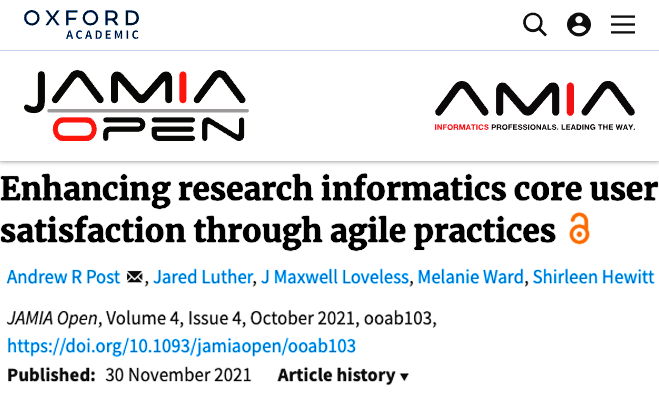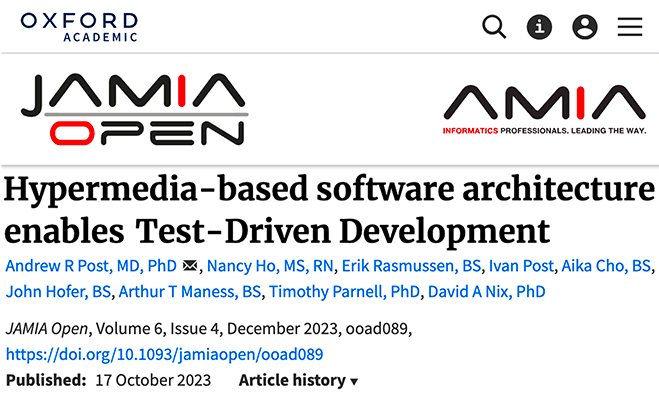- Administration Apps
-
Clinical/Research Apps
- Cancer Clinical Research (CCR)
- Clinical Trials - OnCore
- Comprehensive Oncology Research Environment (CORE)
- CORE Browser
- CORE Browser FAQs
- iQ (Integrated Query Tool)
- itBioPath (RETIRED)
- LabVantage
- Metabuilder - BST - (itBioPath)
- Metabuilder - Pathology
- Metabuilder - RSR - (Subject)
- Patient Status Review - CCR
- PayTrac
- REDCap
- Research Subject Registry (RSR)
- Genomics Apps
Comprehensive Oncology Research Environment (CORE)
Launch App
The Comprehensive Oncology Research Environment (CORE) was created in order to bring data together from multiple systems so that it can be integrated with various research products. It was created and is maintained by RISR. Data is fed into it from multiple sources nightly (including itBioPath, LabVantage, the Electronic Data Warehouse (EDW), Tumor Registry, CCR, etc.), and has been linked with other RISR/UofU applications such as CCR, RSR, and LabVantage. Although primarily a reporting instance of the data that is fully integrated with iQ, CORE also provides the ability for users to add links with other systems by uploading IDs, maintaining consents (which was formerly handled in itBioPath), and adding/linking Path Reports.
Studies in CORE are the equivalent of itBioPath protocols and projects, RSR studies, LabVantage studies, and CCR cancer groups. Permissions to CORE are study and role-based. Roles are setup with permission to various studies based on the work being performed by individuals with that role. Users are then assigned to that role so they can perform the functions necessary for their work.
Key Features include:
- Nightly Synchronization of Data for Reporting – Subject, Participant, and Study information is synchronized nightly from the EDW, itBioPath, OnCore, and CCR. Sample data is synchronized nightly from itBioPath and LabVantage. Also Tumor Registry is brought down into CORE for reporting nightly.
- iQ Integration – The CORE data model is available through iQ either directly, or through RSR/CCR.
- Subject/Participant Modification – Some basic modification of subject/participant information is allowed. Because most of the information is loaded from other systems, most of that is just picking which one is your preferred demographic for your study. However, adding subject/participant aliases is also allowed, which enables linking between systems such as ORIEN/Avatar and RSR.
- Consent Management – Robust consent management, and consent version management, is available. Just the form or the data can be added, but for greatest potential, both are preferred.
- Path Report Management – Path report data can be created and linked with samples through CORE. CCR allows linking of CORE extracted path report data to medical events directly through the app.
- Sample View – Users can view sample data from a UI-perspective. This includes things like basic sample details, event history, and sample relationships.




